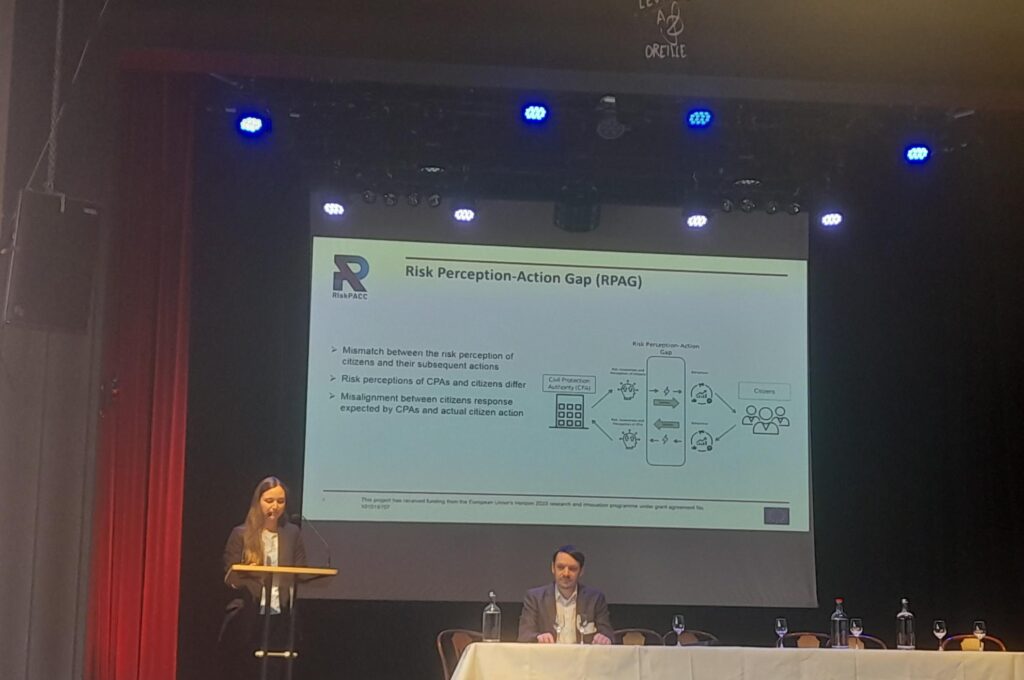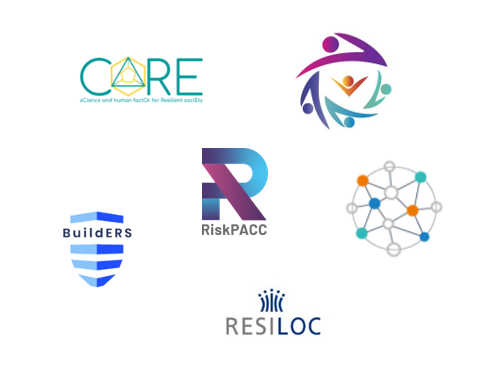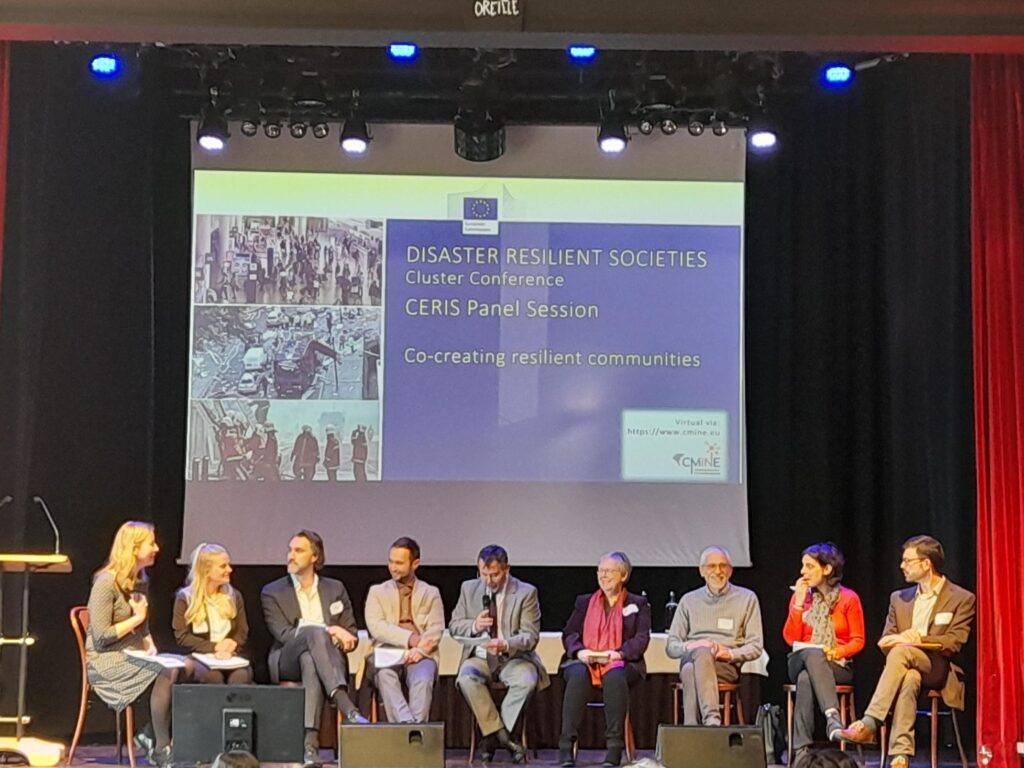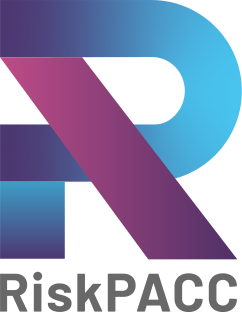CERIS – Disaster Resilient Societies Cluster Conference

DG HOME, as a follow-up of fruitful meetings in the Disaster-Resilient Societies (DRS) Thematic Area held from February to May 2021 within the “Community of European Research and Innovation for Security (CERIS)”, has encouraged H2020 projects to join forces for co-organising a DRS event under the CERIS umbrella on the 23-25 March 2022.
RiskPACC participated in the morning and afternoon session of the first Conference day, bringing experience and expertise about DRR INTEGRATED RISK MANAGEMENT – NATURAL HAZARDS and SOCIETAL RESILIENCE.
The Morning session, chaired by LINKS, has involved many H2020 Projects, providing a high-level platform of exchanges in the DRS. With RiskPACC, our Sister Projects presented their results and achievements.
The morning session, after a general introduction of Philippe Quevauviller from DG HOME and Ivonne Herrera, saw Uberto Delprato from RESILOC Project, explaining how a weighted indicator-based process for resilience assessment can help communities to improve their local disaster resilience strategies.
Kati Orru, from Tartu University and member of BUILDERS Consortium, presented in her session how involve vulnerable individuals in disaster risk governance, while Rachele Gianfranchi from ENGAGE, unfolded how technology can improve disaster management through better community engagement.
After the first presentations, LINKS Project, with Anne Bach Nielsen, brought her expertise to the audience talking about Social Media and Crowdsourcing in European Disaster Risk Management.

RiskPACC, thanks to Jeannette Anniés, explained how facilitating collaboration between citizens and civil protection agencies to increase resilience. In her presentation, Jeannette introduced the Risk Perception Gap, how to identify and reduce it, and how the RPAG can improve disaster resilience approaches. An important moment of reflection and discussion was the relationship between citizens and the civil protection authorities, and how improving coordinated activities, increasing awareness and knowledge of the risks we are experiencing in recent times. The awareness is followed but the preparedness actions that must be undertaken by citizens. Citizens can prepare themselves to respond to a disaster by planning, creating an emergency grab bag, and identifying how to prevent, prepare, respond and recover from different hazards.
The last presentation has been held by Paolo Capuano from the University of Salerno and H2020 CORE Project, who explained how building a resilient society through a transdisciplinary collaboration between environmental and social science.

The afternoon session has seen Maureen Fordham, from the University College London, participating in the Co-creating resilient communities with citizens at the centre of decision-making in disaster risk management discussion.

The Panel hosted the DRS01 Cluster projects & partners, and the discussion touched important and sensitive themes such as how to integrate citizens and vulnerable groups through social media during disasters.
